Top 5 Games of 2015
By Cathryn 1 Comments
It's no secret that Final Fantasy XIV has taken over my life a little bit over the past year and a half. I've thoroughly enjoyed my time with that game, but I've also found myself feeling a little guilty about missing out on other experiences. Throughout the back half of 2015 I've been making a substantial effort to play more games again and it's been pretty damn fun. This year has been frustrating for me personally, but the substantial well of interesting narrative experiences we've seen in games over the past year has been remarkable and comforting. Let's get to it, shall we?
5. Cibele

Out of all of the games I played this year, Cibele is probably the title that I felt the closest connection with personally. Nina Freeman's story of a young woman coming of age and finding her first love in an MMO is both moving and awkward in the best ways. Seeing this couple talk and reveal so little of themselves and still develop a romance was at times almost painful to watch, but also reminded me that there can be tremendous power in the smallest gestures of romantic interest online. As an archivist, browsing through Cibele's desktop filled with old blog entries, website drafts, and photographs was lovely and served as an excellent way of showing the character's development as a young woman. Cibele is now my second favourite game about falling in love online after Christine Love's amazing (and free) visual novel Digital: A Love Story.
4. Final Fantasy XIV: Heavensward
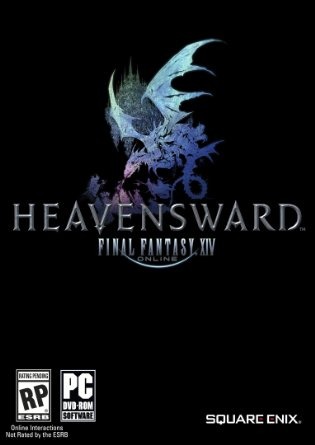
While it is true that my interest in FFXIV has been waning recently, the initial release of the Heavensward expansion earlier this year was fantastic. The end of Final Fantasy XIV Online: A Realm Reborn was bombastic to say the least. 2.0's raid content culminated in an amazing encounter with Bahamut and tied up the catastrophic ending of FFXIV's original release, and the main story left players with many exciting questions to be answered. Heavensward's story content carried this excitement forward very nicely. I do think that some story threads were resolved a ways that were a little too convenient, but overall the expansion's story was remarkable. The new areas were interesting to explore and flying was implemented in a way that did not detract from exploration. Unfortunately, the endgame content that has been added to Heavensward in major and minor patches since its release has not come, in my opinion, anywhere close to the quality of 2.0's endgame content or the basic expansion content. The base expansion, however, does deserve a great deal of recognition, and I would highly recommend FFXIV to anyone interested in MMOs or the Final Fantasy series.
3. Life is Strange
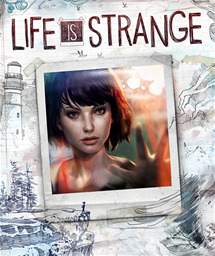
Adventure games are tough.
Even staunch adventure game enthusiasts don't really want the strict point-and-click formula of late 80s and early 90s adventure games, but attempts to update the genre have often fallen flat. While titles like Dreamfall: The Longest Journey and pretty well anything made by Quantic Dream have given us some interesting stories, translating point-and-click to consoles and controllers has led to some odd gameplay choices. Dreamfall, for example, is probably one of my favourite game stories of all time, but I'm often a bit miserable while trying to play it because the gameplay is muddled and frustrating. In my opinion, Life is Strange negates the control and gameplay problem via simplification. By focusing only on the mechanics of exploration, simple puzzles, and rewinding time, players are able to focus on the emotionally affecting story, interesting characters, and visual design of the game's world. The atmosphere and sense of place in Life is Strange are also fantastic, if slightly unsettling. Arcadia Bay feels like a town that is closely connected and yet also far removed from our reality in a way that is a little haunting. The dialog certainly contributes to this: these teens are speaking a language that may have been cool about 10 years ago but the game is clearly set in something approximating the present day. While some might find this all a bit jarring, I feel like all of these odd elements combine to make Life is Strange a unique experience. This game could have been my game of the year without the tedious stealth sequences.
2. Contradiction
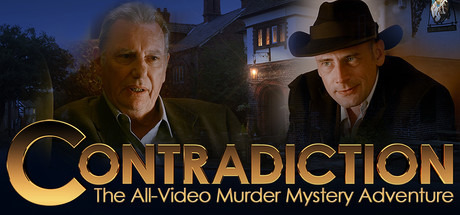
I think it's pretty clear from reading this list that I like adventure games and, more generally, narrative-focused video game experiences. I also like murder mysteries and have long been a fan of the Ace Attorney series. Contradiction is exactly the kind of video game that I am going to like. From a story standpoint, the murder mystery is brilliant. Like many cases from the original Ace Attorney series, the case that Inspector Jenks is sent to Edenton village to investigate becomes pretty complicated. It seems like it's just a small town murder, but there's some odd stuff happening: he comes across psychotropic drugs, spiritualist paraphernalia, and some questionable hand gestures. At the end of the day, however, the resolution of the murder is wonderfully simple. Throw in some great FMV with excellent acting that is campy without being utterly ridiculous, and you've got something terribly special:
"What would you say if I did... THIS!"
1. Her Story
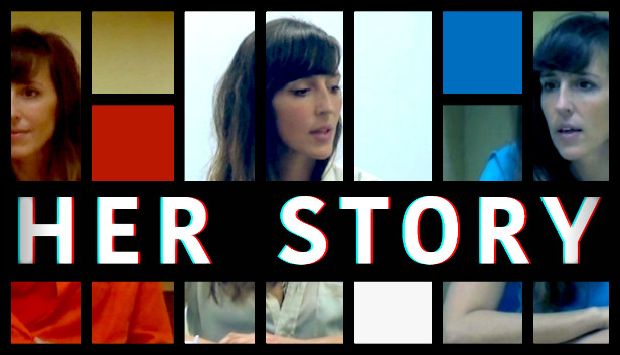
As I said earlier, I have a strong interest in narrative-focused video game experiences. I am also interested in interactive experiences that push or test the boundaries of what we can define as a video game. Her Story is an incredible exploration non-linear storytelling and of what is possible in this medium. It's a database and some videos, and the player's only real role is that of a researcher: you determine which keywords to search, watch the videos, and make your own conclusions about what has transpired. Viva Seifert's performance in the interviews is amazing and without her the game would not have been as inspiring as it is. The desktop interface, like in Cibele, provides great atmosphere and a strong sense of time and place. Overall, I would say that Her Story's greatest strength is its simplicity. That a database searching game could have me sitting, mesmerized, for an entire afternoon at my desk with a notepad, furiously scribbling terms to search later, is incredible. If you don't play Her Story, you are missing something incredibly special.
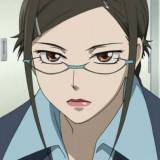
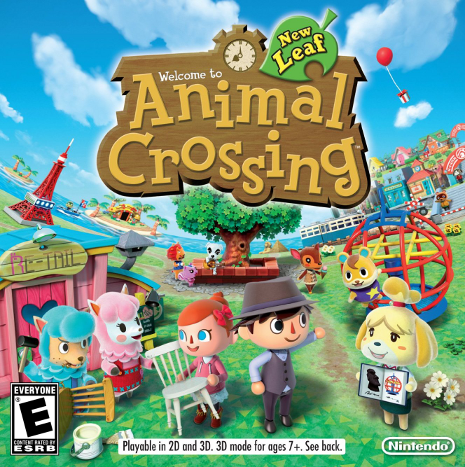

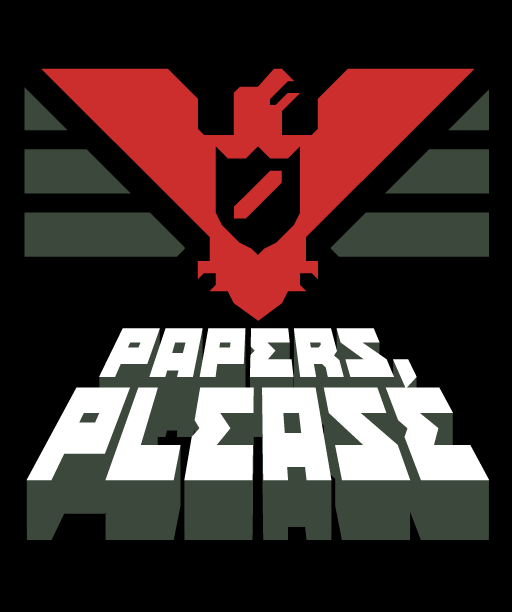
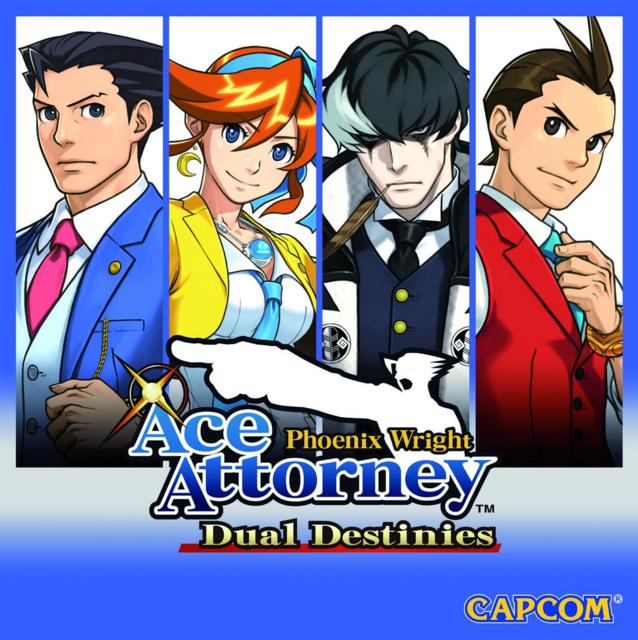
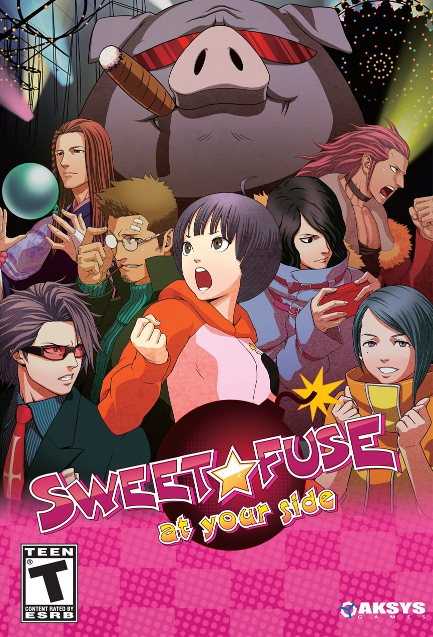
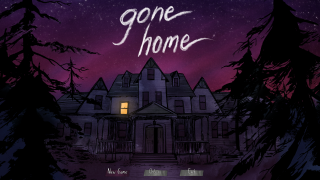
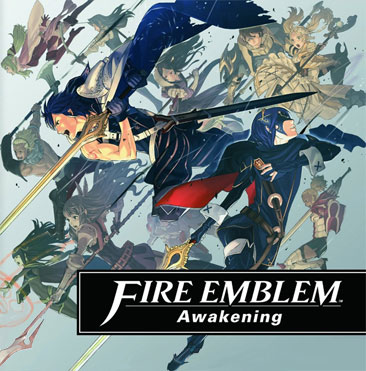
Log in to comment